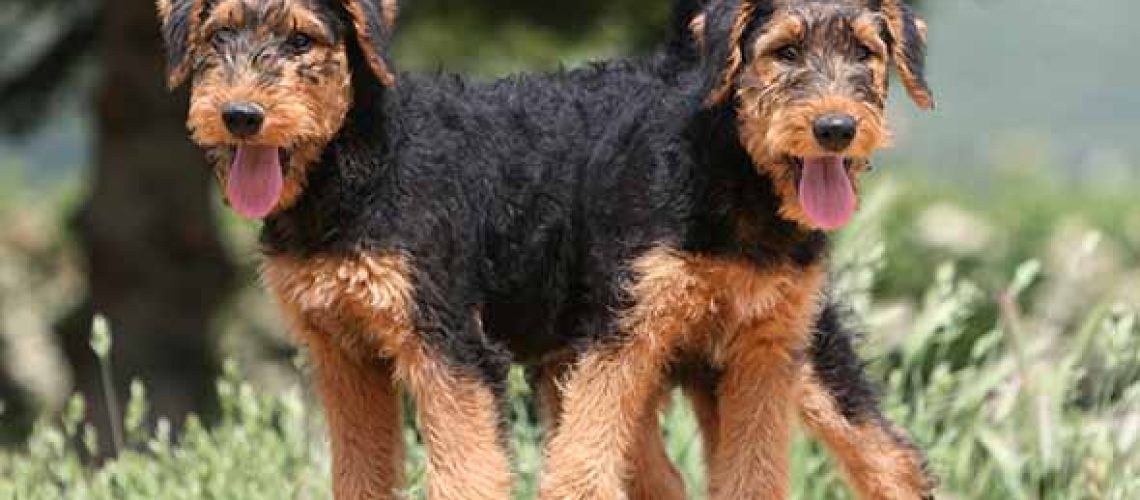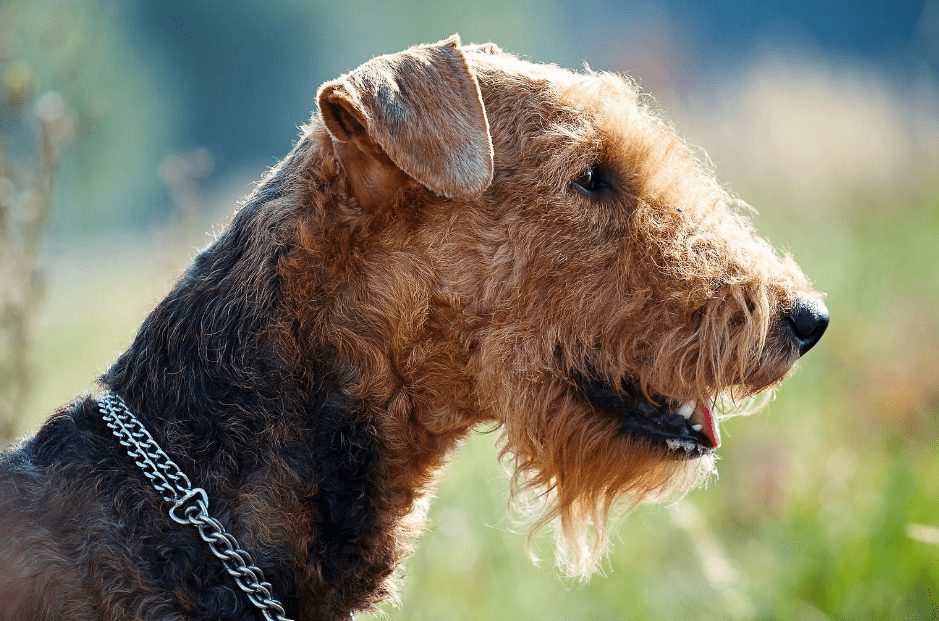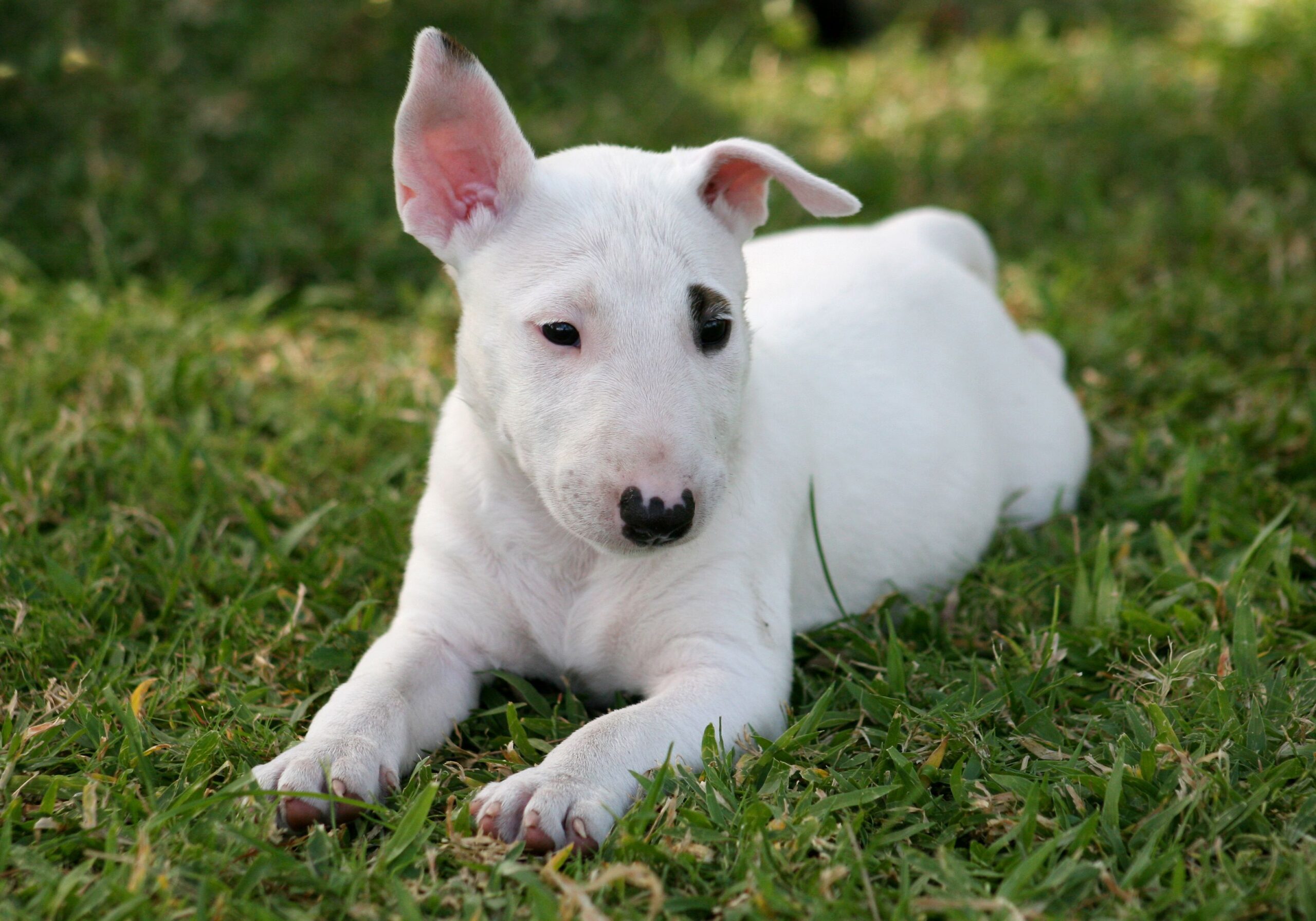Key Takeaways:
- Airedale Terriers are known for their intelligence, loyalty, and versatility.
- They require regular exercise to prevent boredom and destructive behavior.
- Airedales have a dense double coat that needs regular grooming to prevent matting.
- Training and socialization are crucial for Airedales to ensure good behavior and compatibility with other animals.
- Regular veterinary check-ups are important for the overall health and well-being of Airedale Terriers.
Are you a dog lover? Do you find yourself captivated by the unique characteristics and care needs of different dog breeds? If so, you're in for a treat! In this article, we will delve into the fascinating world of Airedale Terriers. These lovable and intelligent dogs have a multitude of qualities that make them stand out from the pack. Whether you're considering adding an Airedale Terrier to your family or simply want to expand your knowledge about our furry friends, understanding this breed is essential. So, let's embark on this journey together as we uncover the distinctive traits and proper care required for these delightful companions. Get ready to be amazed by the wonders of Airedale Terriers and discover why they are truly one-of-a-kind!
What is an Airedale Terrier and what makes it special?
An Introduction to Airedale Terriers
Airedale Terriers are a breed of dog that originated in the United Kingdom. They are known for their distinctive appearance, with a wiry coat and a sturdy build. Airedales are often referred to as the "King of Terriers" due to their regal and confident nature.
One of the things that make Airedale Terriers special is their versatility. They were originally bred to be working dogs, used for hunting small game and rodents. However, they have also excelled in other roles such as search and rescue, police work, and even serving as therapy dogs.
Unique Features of Airedale Terriers
Airedales have several unique features that set them apart from other breeds. One notable feature is their size - they are the largest of all terrier breeds. This makes them strong and capable of handling various tasks.
Another special feature of Airedales is their intelligence. They are highly trainable and quick learners, which makes them suitable for various activities such as obedience training or agility competitions.
Their distinctive coat is another characteristic that makes them stand out. The wiry outer coat provides protection against harsh weather conditions, while the soft undercoat keeps them warm in colder climates.
Physical characteristics of an Airedale Terrier
Size and Build
Airedale Terriers are medium-sized dogs with a strong and muscular build. On average, males stand about 23 inches tall at the shoulder and weigh around 55-65 pounds, while females are slightly smaller at around 22 inches tall and 40-50 pounds in weight.
They have a balanced and well-proportioned body, with a deep chest and a straight back. Their legs are strong and straight, allowing them to move with agility and power.
Coat and Color
The Airedale Terrier's coat is dense, wiry, and water-resistant. It consists of a harsh outer coat that helps protect them from the elements, and a soft undercoat that provides insulation. Their coat is typically tan with a black saddle, giving them a distinctive appearance.
To maintain their coat's appearance, regular grooming is necessary. This includes brushing to remove loose hairs and occasional hand-stripping to maintain the texture of the wiry coat.
Personality traits of Airedale Terriers
Lively and Energetic
Airedale Terriers are known for their lively and energetic nature. They have a lot of energy to burn and enjoy being active. This makes them great companions for outdoor activities such as hiking or playing fetch in the park.
They are also highly intelligent dogs that thrive on mental stimulation. They enjoy learning new tricks or participating in training sessions that challenge their minds.
Loyal and Protective
Airedales are loyal dogs who form strong bonds with their families. They are protective by nature and will go to great lengths to defend their loved ones if they sense any threat or danger.
This loyalty extends not only to their human family but also to other animals they live with. Airedales can be friendly towards other pets if properly socialized from an early age.
Exercise needs of an Airedale Terrier
Daily Exercise Requirements
Airedale Terriers have high exercise needs and require daily physical activity to stay happy and healthy. They should be given at least an hour of exercise each day, which can be divided into multiple sessions.
Engaging in activities such as brisk walks, jogging, or playing fetch can help fulfill their exercise requirements. It is important to provide them with both mental and physical stimulation to prevent boredom and destructive behavior.
Benefits of Exercise for Airedales
Regular exercise not only helps keep Airedale Terriers physically fit but also provides mental stimulation. It helps prevent obesity, which can lead to various health issues. Exercise also allows them to release pent-up energy, reducing the likelihood of behavioral problems.
Additionally, exercise provides an opportunity for socialization with other dogs and humans, helping them develop good manners and positive interactions.
Training an Airedale Terrier: Easy or Difficult?
Aptitude for Training
Airedale Terriers are intelligent dogs with a strong desire to please their owners. This makes them highly trainable and quick learners. With consistent training methods and positive reinforcement techniques such as treats or praise, they can excel in obedience training.
However, it's important to note that Airedales have a stubborn streak and may test boundaries from time to time. Patience, consistency, and firmness are key when training this breed.
Socialization Importance
Socialization is crucial for Airedale Terriers from a young age. Exposing them to different environments, people, animals, and situations helps them develop into well-rounded adults. Early socialization lays the foundation for good behavior and reduces the likelihood of fear or aggression issues later in life.
Obedience classes or puppy kindergarten can be beneficial in providing structured socialization opportunities and basic training guidance.
Grooming and maintenance of an Airedale Terrier's coat
Coat Care Requirements
Airedale Terriers have a unique coat that requires regular grooming to keep it in good condition. They should be brushed at least once a week to remove loose hairs and prevent matting.
In addition to brushing, hand-stripping is necessary every few months to maintain the texture of their wiry coat. Hand-stripping involves plucking out dead hairs by hand or using a stripping knife, which helps new hairs grow in properly.
Other Grooming Needs
Apart from coat care, Airedales require other routine grooming tasks. Their nails should be trimmed regularly to prevent overgrowth and discomfort. Teeth brushing is also important to maintain good oral hygiene and prevent dental issues.
Regular ear cleaning is essential as well, as Airedales can be prone to ear infections. Checking their ears weekly for any signs of redness, odor, or discharge is recommended.
Common health issues in Airedale Terriers and how to prevent/manage them
Potential Health Concerns
While generally healthy dogs, Airedale Terriers are prone to certain health conditions that owners should be aware of. Some common health issues in this breed include hip dysplasia (a degenerative joint disease), allergies, hypothyroidism (underactive thyroid gland), and certain types of cancer.
To minimize the risk of these health problems, it is crucial to obtain an Airedale Terrier from a reputable breeder who conducts health screenings on their breeding dogs. Regular veterinary check-ups and maintaining a healthy diet and exercise regimen can also help prevent or manage these conditions.
Importance of Regular Vet Check-ups
Regular veterinary check-ups are vital for detecting any potential health issues early on. Airedale Terriers should visit the vet at least once a year for a comprehensive examination, vaccinations, and preventive care such as flea and tick control.
Owners should also be observant of any changes in their dog's behavior, appetite, or physical condition and consult with a veterinarian if they have any concerns.
In conclusion, the Airedale Terrier is a loyal and intelligent dog breed that requires regular grooming and exercise. With proper care and attention, they can make wonderful companions for families or individuals.
Are Airedale Terriers high maintenance?
A lot of individuals purchase an Airedale based on its appearance, without considering the fact that it is a dog that requires a lot of maintenance. This includes grooming, exercise, and attention. Before getting an Airedale, it is important to carefully consider if it fits with your lifestyle.
Are Airedale Terriers good house dogs?
Airedales are known for their loyalty and their love for playing with their owners. They are friendly towards children and make great companions. While they can get along well with other pets in the household, they may exhibit aggression towards unfamiliar dogs.
What is the personality of an Airedale Terrier?
Similar to other terrier breeds, the Airedale can exhibit traits of boldness, determination, and stubbornness. They are generally gentle and tolerant with children, but will not hesitate to defend their home and family. Airedales are known for their versatile capabilities and excel in various sports and family-oriented activities.
Can Airedale Terriers be left alone?
Airedale Terriers are known for being independent and can handle being alone for periods of time. However, it is crucial for their overall mental and physical health that they receive the recommended amount of exercise each day. As for barking, Airedale Terriers tend to have a medium to high level of barking.
Do Airedales like to cuddle?
While certain Airedales, particularly older rescue dogs, may enjoy cuddling, overall, Airedales are highly energetic and prefer engaging in active play and running.
Does an Airedale Terrier bark a lot?
He has a tendency to bark excessively. He has a tendency to chew destructively. If not properly socialized, he may display aggression towards other animals. He does not handle being alone well.

















